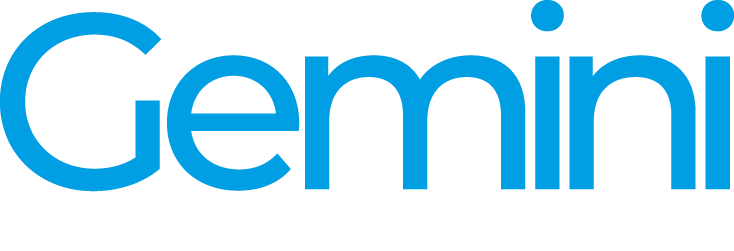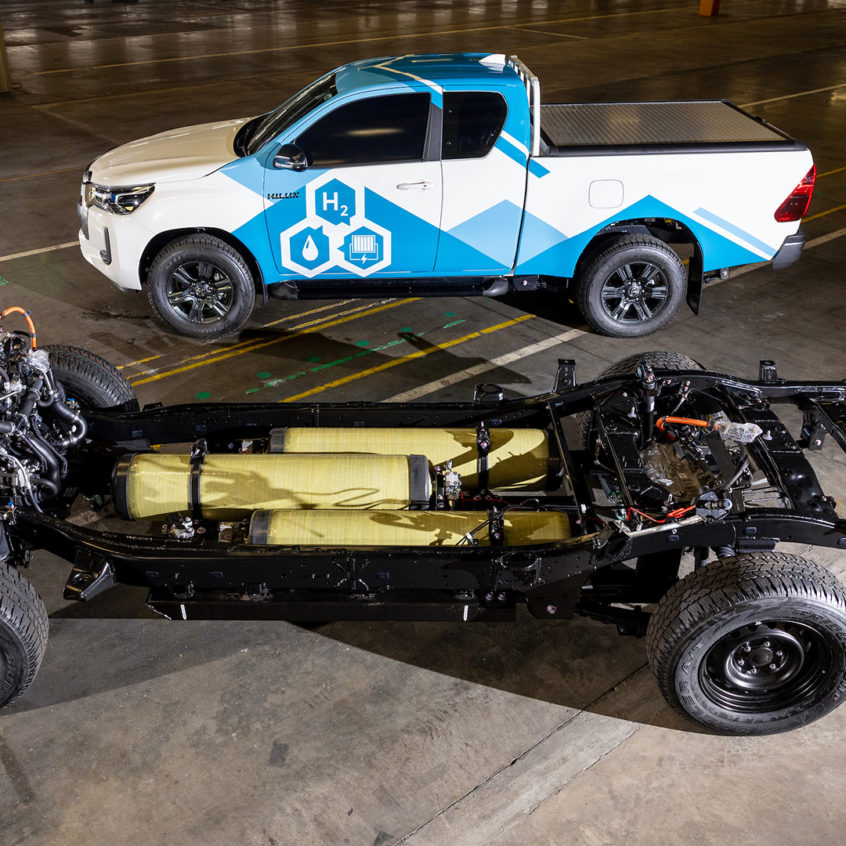Client
Ricardo plc www.ricardo.com/en
Background
Gemini worked with global strategic, environmental and engineering consulting company, Ricardo, to support Toyota Motor Manufacturing UK Ltd (‘Toyota’) in the development of its first UK prototype hydrogen fuel cell electric-powered light commercial vehicle. In partnership with the Advanced Propulsion Centre (APC) – through which the UK Government has provided funding for the project – ten prototype Toyota Hilux hydrogen vehicles were produced at Toyota’s Derby-based facility.
Gemini was chosen to work on this project based on its technical expertise in the blow and injection moulding of parts. The company has previously worked with Ricardo to support several prototype engine projects.
Challenge
The fuel cell stack (or powertrain) in a hydrogen-powered vehicle runs cooler than a normal combustion engine, however, there is still a requirement to remove excess heat. Due to the car’s component temperature running so much closer to ambient, the delta is less, so it’s harder to strip that heat. This meant that the vehicle had to be fitted with additional cooling pipes, which due to limited packaging space, resulted in non-conventional pipe routing this being more of a challenge to manufacture. Gemini helped them engineer these pipes so they could be mass manufactured and still deliver their function of cooling the fuel cell unit. Aside from this technically complex task, there was the added pressure of a six-week turnaround. To achieve this, Gemini did the following:
- Collaborated with the engineering team at Ricardo to deliver a solution that could be manufactured and delivered, based on specific requirements of the project.
- Designed and manufactured the specialist required tooling, used to mould the parts in-house.
- Undertook regular testing of materials.
Result
Gemini Prototyping completed everything within a short six-week timeframe. Following the production process, which commenced in January 2023, orders for parts were made in March so that they could be delivered for start of production in May 2023. We were happy with the results, and greatly encouraged on the collaboration when Ricardo made the following statement:
“On this project, the nominally prototype parts; the blow moulded and injection moulded parts, were being treated by Toyota as if they are actual production parts. The parts fitted into the vehicles have performed very well throughout the test and validation process. The overall quality of the results and the overall timing have been very strong. A strong sense of collaboration allowed the project team to develop solutions to several obstacles.”

